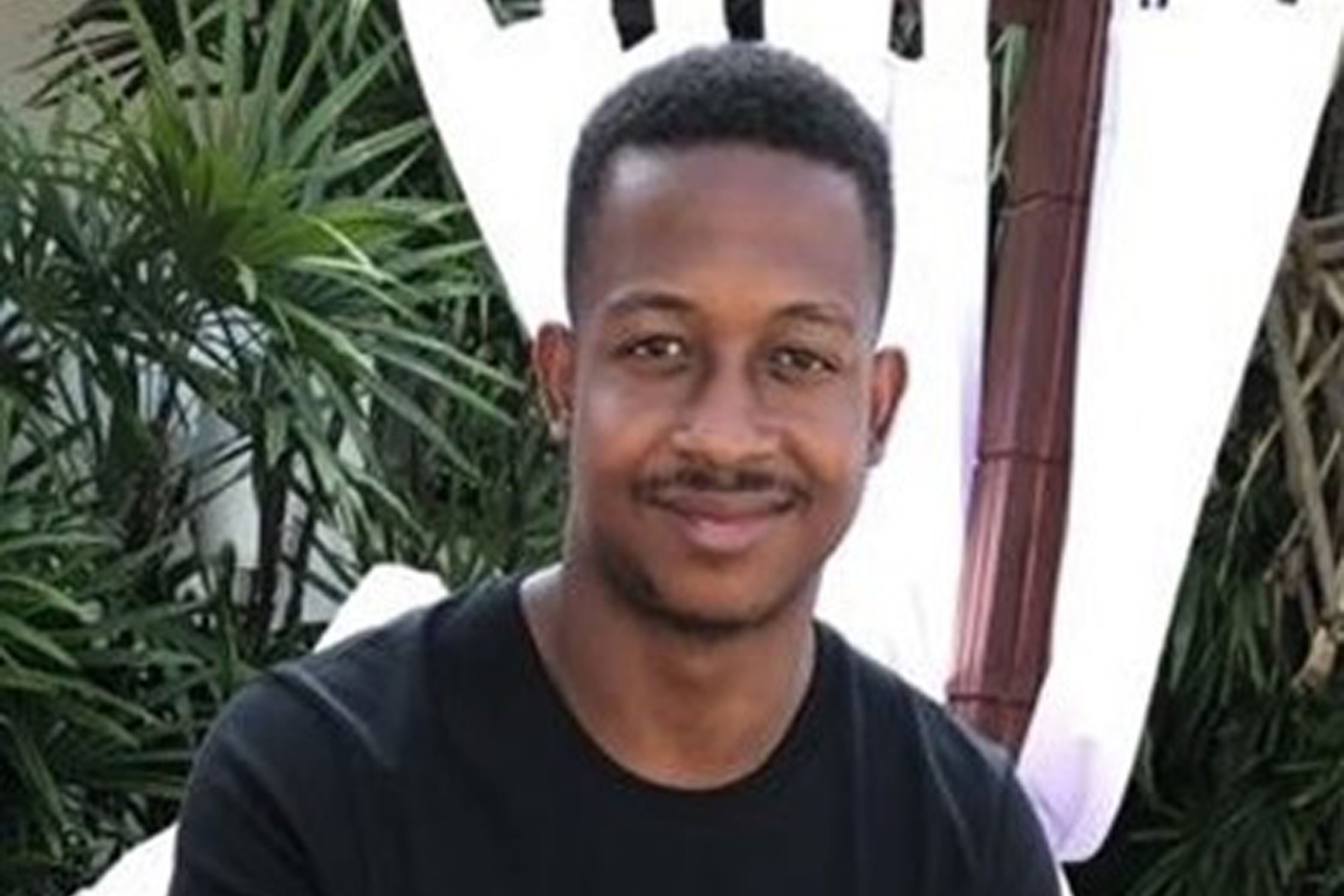Mother hails ‘justice’ for son after fourth murder trial
Kaine Gilead was convicted by an Old Bailey jury of murdering Ramane Wiggan, who was shot after being ‘lured’ to flats in south London in March 2019.

The mother of a man shot dead “in cold blood” told a court she had “finally got justice” as his killer was found guilty after four trials.
Ramane Wiggan, 25, was shot from behind after being “lured” to a balcony at a block of flats in West Norwood, south London, on the afternoon of March 27 2019, the Old Bailey heard.
Kaine Gilead, now 26, from Crystal Palace, south-east London, had denied being involved in the shooting but was found guilty of murder on Wednesday following a fourth trial in the case.
Mr Wiggan’s mother gasped in court as the jury delivered its guilty verdict by a majority of 10 to two after deliberating for nearly 47 hours.
You are a murderer and finally I have justice
Gilead shrugged off his suit jacket and tie, shook his head, and stared at the victim’s family as he held up a photograph appearing to show him with a young boy in his arms.
Judge Michael Topolski KC told the defendant to look at him as he adjourned sentencing to a date to be fixed.
Gilead responded: “What are you going to do to me? Thirty years for no reason. I’ve done nothing wrong. Look at you, for what, your ego?”
The victim’s mother called out to him: “You are standing there and looking at me. You murdered my son.”
Gilead shouted from the dock: “I’ve done nothing wrong.”
The mother replied: “You are a murderer and finally I have justice.”
The defendant said: “For what? I’m innocent.”
The court has been constantly impressed with her calm dignity, again having to relive the horrifying details of her son's death, not just once but relive it time and time again
Remanding Gilead into custody, Judge Topolski praised Mr Wiggan’s mother, who had sat through four trials, saying: “There were two other attempts to get the case to a jury for verdict. That did not happen.
“There was a trial at the back end of last year which resulted in a jury not being able to reach a decision.
“The court has been constantly impressed with her calm dignity, again having to relive the horrifying details of her son’s death, not just once but relive it time and time again.”
In the retrial, prosecutor Brian O’Neill KC told jurors that Mr Wiggan was killed because of his work collecting drug money.
He had arranged to meet Gilead to collect money the defendant owed for drugs, it was claimed.
Mr O’Neill: “He was shot to death in cold blood and broad daylight. His murder was a deliberate, planned assassination.
“Mr Wiggan was shot from behind with a Glock pistol, which was fired twice, one bullet travelling through his chest and rapidly leading to his death. He had been lured to that pre-selected location so that he could be shot.
“The person who had lured him there was this defendant, Kaine Gilead. He denies any involvement in the murder and asserts that he has been wrongly identified.”
A planned, targeted assassination is not a one-man job and there were no doubt others involved in this murder. But of this there can be no doubt - Kaine Gilead played an integral part
The location for the shooting was well chosen because there was almost no CCTV coverage of the surrounding enclosed stairwells, corridors and walkways, jurors were told.
However, Gilead was identified from nearby CCTV as the pillion passenger on a Piaggio Beverly moped which had travelled to and from West Norwood.
Footage captured him getting off the bike and running towards the block of flats.
Mr O’Neill said: “Whether Gilead was the gunman, or the bait that lured Ramane Wiggan to his death, the prosecution is not in a position to say, nor do we have to.
“A planned, targeted assassination is not a one-man job and there were no doubt others involved in this murder. But of this there can be no doubt – Kaine Gilead played an integral part.
“Following the fatal shooting, rider and passenger, this defendant, fled the scene on the scooter.”
The next day, Gilead went into hiding in Liverpool and went to some lengths to avoid detection, jurors were told.
The court heard he was also linked to the killing by mobile phone contact with the victim.
He had three mobile phones, one of which was only ever used on the day of the shooting.
The last call Mr Wiggan made was to this phone, less than three minutes before he was shot, the court was told.
Cell site analysis allegedly placed the defendant’s phone in the area around 15 minutes before the killing.
The prosecution alleged the combined evidence of CCTV, telephone and cell site analysis showed Gilead played an important part in the murder.
